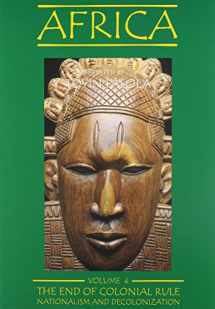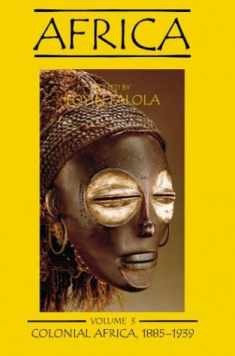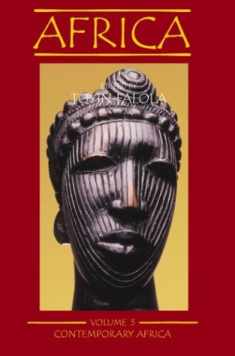
Africa, vol. 4: The End of Colonial Rule: Nationalism and Decolonization (Volume 4)
Book details
Summary
Description
Part of a five-volume series entitled Africa, Volume 4: The End of Colonial Rule adopts a new perspective on African history and culture. The End of Colonial Rule presents, in a simplified manner, aspects of African history and culture from World War II to decolonization. The primary aim of the text is to present a broad picture of Africa in the last decades of colonial rule. Four chapters are devoted to an analysis of African nationalism, including the contributions of women (which have generally been ignored by scholars), and various chapters focus on the reforms and other social aspects that received major attention during that time, notably health, business and education. In the second part of the book, the themes are analyzed chronologically, focusing on each region in turn. The final part reflects on what colonialism meant for Africa, both during the period of European rule and since independence. The concluding chapters prepare the reader to understand contemporary Africa, which is covered in Volume 5, the last in the series. This book highlights the role of Africans in initiating changes and reflects on what colonialism meant for Africa. Along with the other Africa volumes, it challenges the accepted ways of studying Africa and encourages readers who are eager to learn about the diversity of the African experience.


We would LOVE it if you could help us and other readers by reviewing the book
Book review





